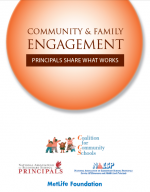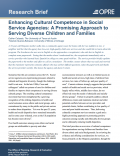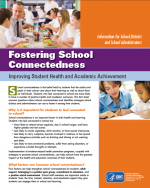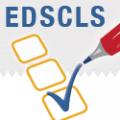District and school administrators are responsible for providing instructional leadership and developing, implementing, and evaluating district and school systems and policies. District administrators include superintendents and central administration staff under the direction of a school board. School administrators mainly include principals and assistant principals.
District and school administrators play a critical role in improving the learning environment and overall academic progress of their students.




